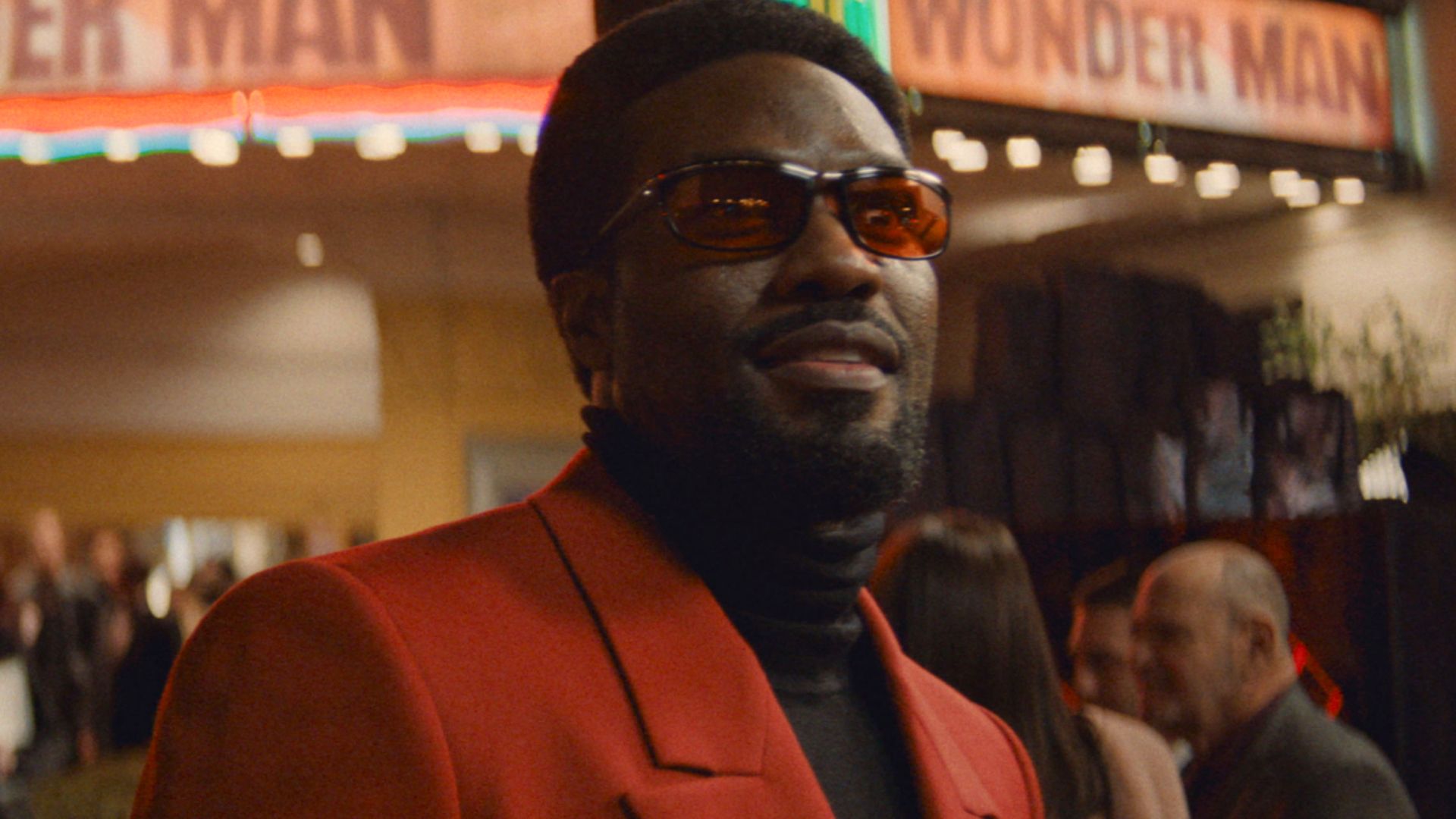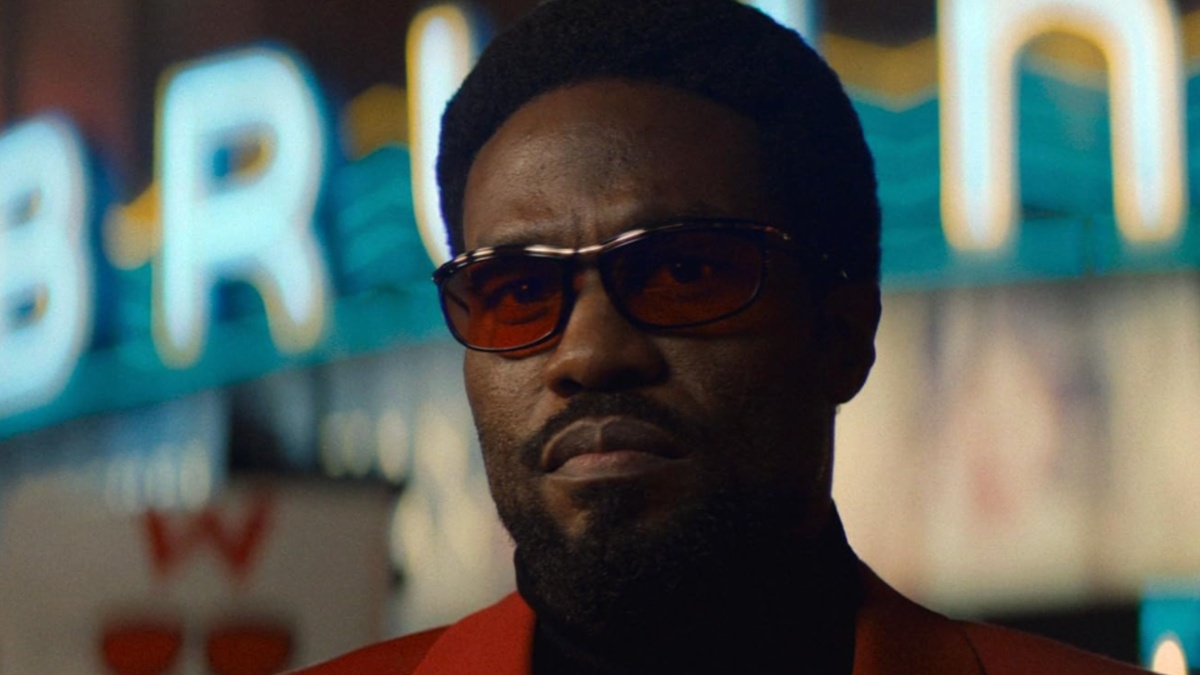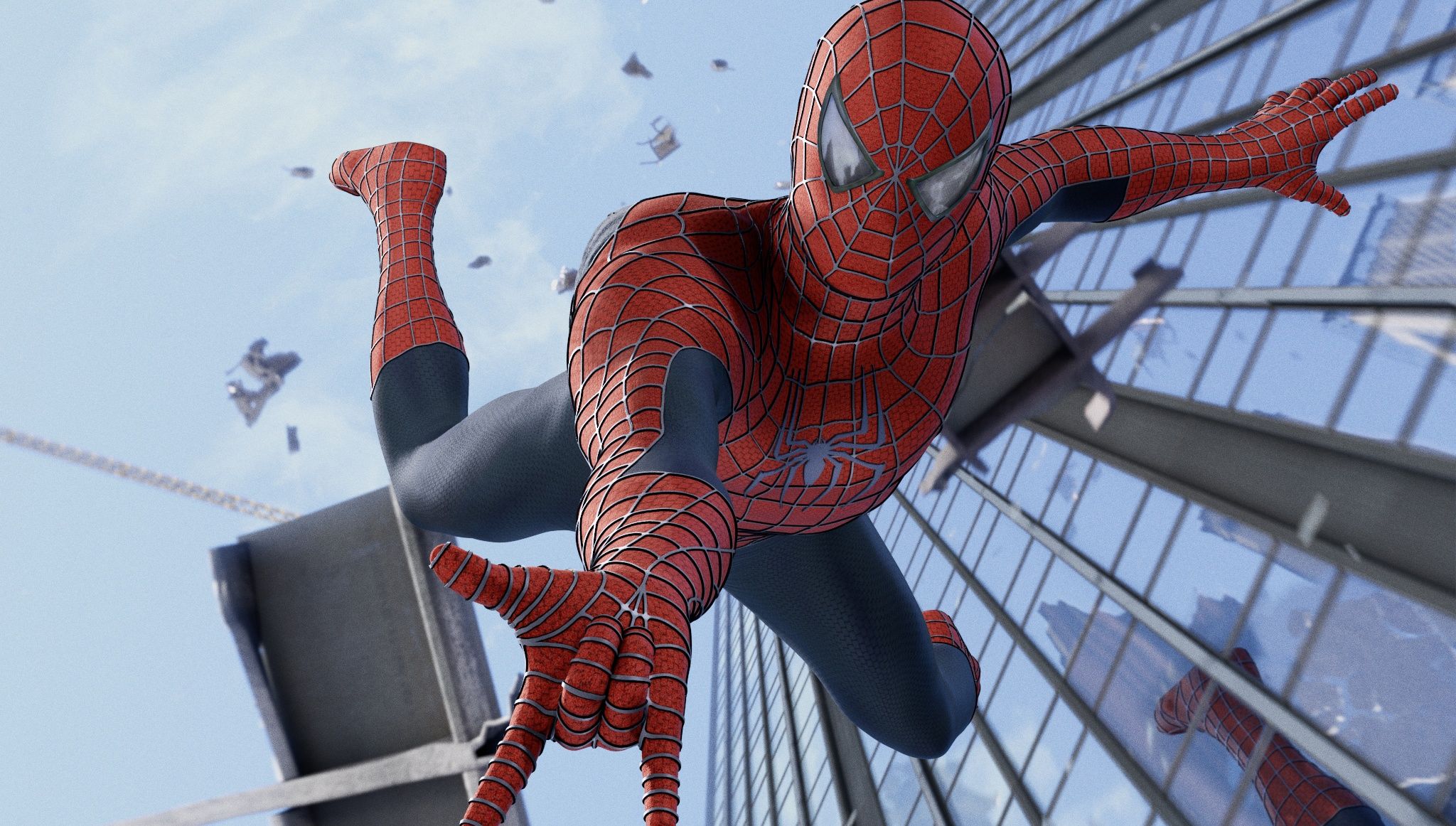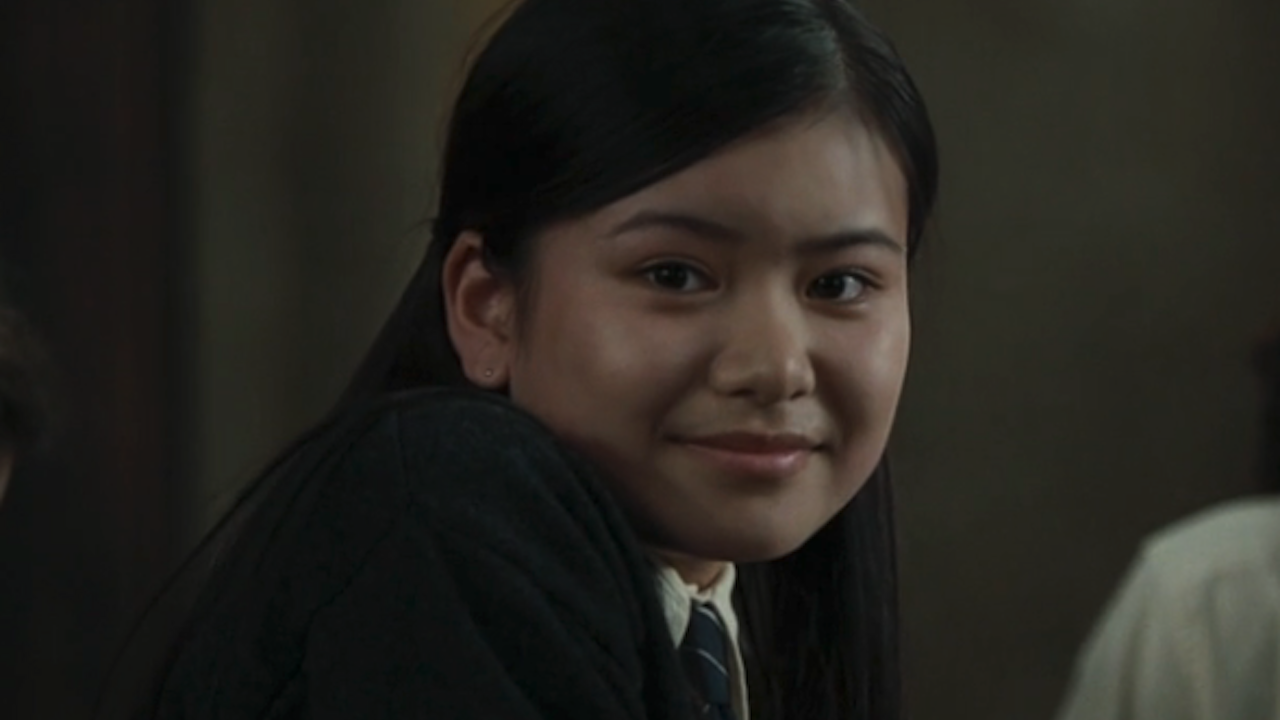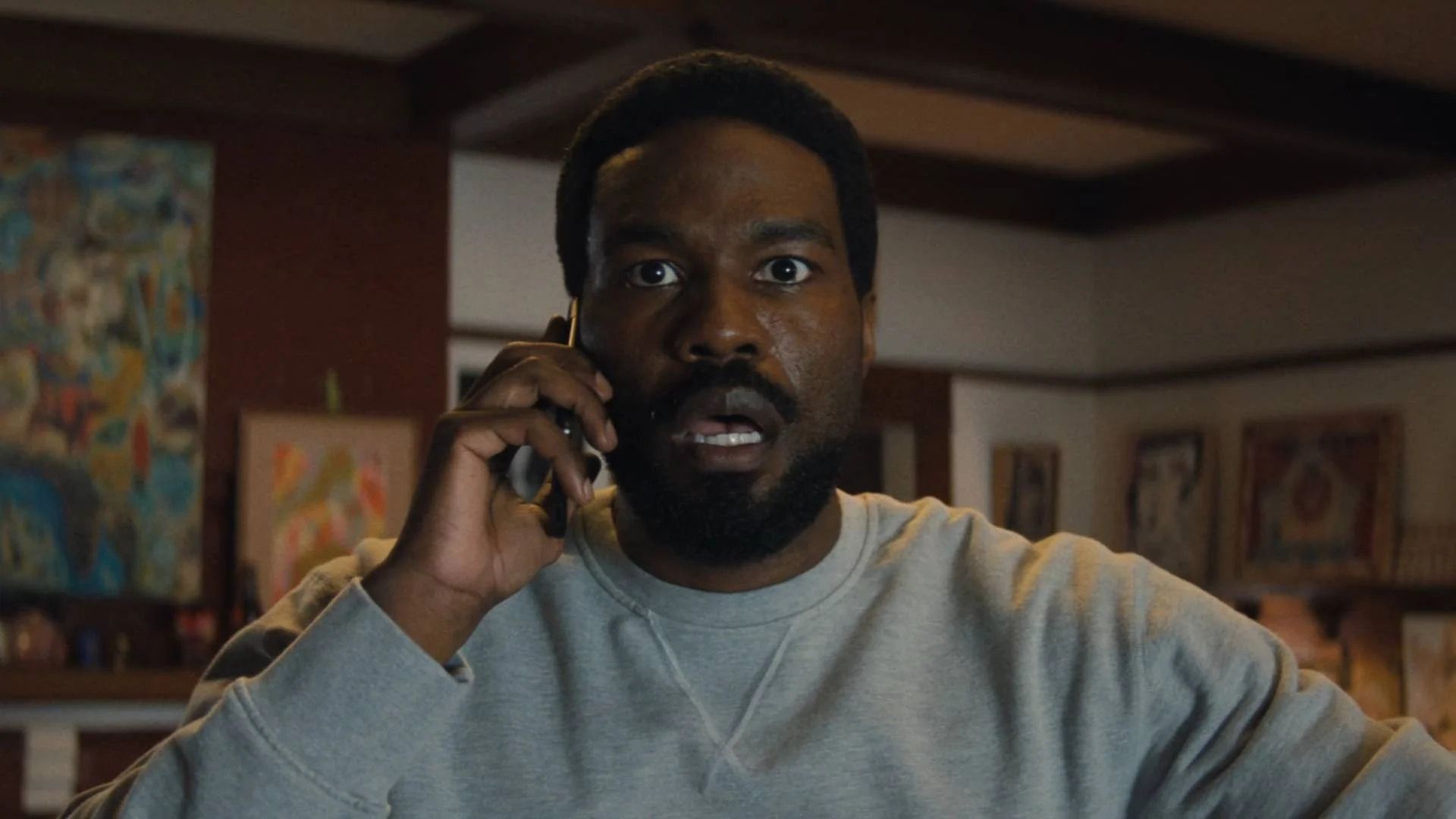Krysten Ritter’s Latest Jessica Jones Statement Should Excite Daredevil Fans

Krysten Ritter has confirmed she’ll reprise her role as Jessica Jones in the second season of Daredevil: Born Again. According to an interview with ScreenRant, the show will maintain the dark and realistic style of the original Netflix Jessica Jones series.


